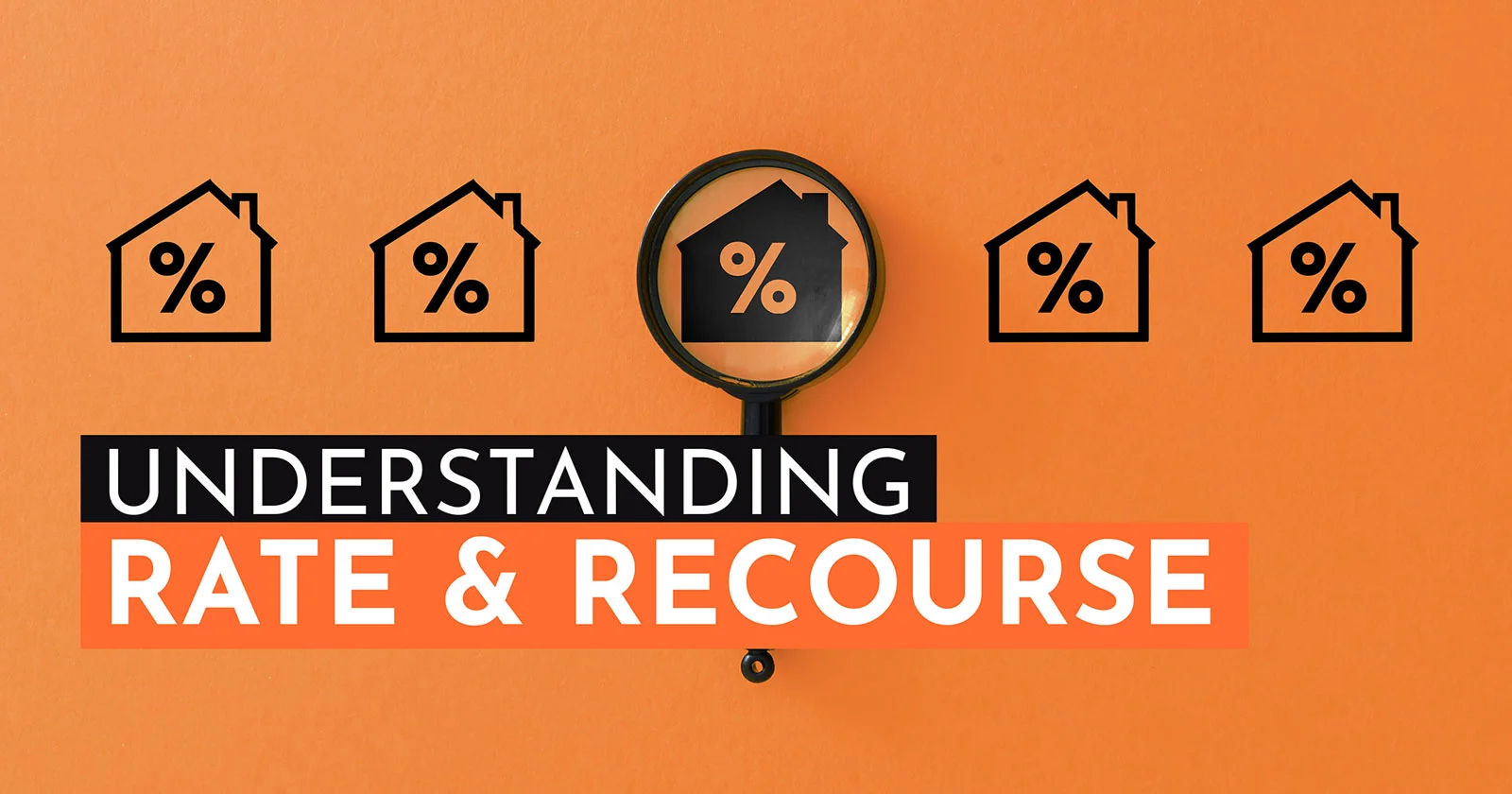So, you’re taking the plunge into the lucrative world of fix and flip investing. With nearly 68,000 homes flipped in the first quarter of 2024, the real estate investment industry continues to grow –making it more difficult for newcomers to succeed. In today’s markets, the formula behind how to successfully flip houses for beginners requires innovative tools, digital networking, and partnering with other industry professionals.
Below, you will learn how to flip a home successfully in 2024 with the essential resources every investor needs:
Below, you will learn how to flip a home successfully in 2024 with the essential resources every investor needs:
Embracing Innovative Tools
In today’s fast-paced and highly competitive markets, the ability to look into valuable data or provide services that fit your target demographic needs is essential to success. Thanks to some of the latest technology in real estate, investment beginners have insights that can help them solve how to successfully flip houses.
Some of the top technologies in 2024 for beginning investors include PropTech, analytics tools, artificial intelligence (AI), and Machine Learning (ML).
PropTech: PropTech, or property technology, is an umbrella terminology for a wide range of technology for real estate investors. Depending on your investment strategy and portfolio, PropTech technology can provide or assist with:
Each aspect of PropTech technology is designed to streamline the real estate process while providing consumers with a digital experience option.
Analytics Tools: It’s hard to think back to the pre-analytics days when investment success hinged heavily on either luck or who you knew. Today, success is more strategic and achievable thanks to analytics tools and insights.
If you’re wondering how to flip houses on the cheap with success, data is your answer. With analytics tools, you can tap into current insights and future trends for some of the most important metrics in real estate, including:
By leveraging analytics investors can easily stay informed and educated on the best marketing avenues, consumer trends, emerging markets, and more.
Artificial Intelligence & Machine Learning: Regardless of your stance on AI, it’s here and only getting bigger. In fact, by 2029 the use of AI and ML in the real estate market is projected to reach over $1.3 trillion. While there is a learning curve, AI and ML technology can help you accelerate your business processes and growth.
Further, by utilizing AI and ML technology to streamline and enhance digital experiences (virtual tours, customer support, property management) or real estate insights (predictive analytics, property analysis, and rehab cost estimator), you provide a better digital experience for consumers while further improving your decision-making and success potential.
Some of the top technologies in 2024 for beginning investors include PropTech, analytics tools, artificial intelligence (AI), and Machine Learning (ML).
PropTech: PropTech, or property technology, is an umbrella terminology for a wide range of technology for real estate investors. Depending on your investment strategy and portfolio, PropTech technology can provide or assist with:
- Property search and listing platforms
- Virtual tours and 3D modeling
- Property management software
- Smart home technology
- Digital transaction tools
Each aspect of PropTech technology is designed to streamline the real estate process while providing consumers with a digital experience option.
Analytics Tools: It’s hard to think back to the pre-analytics days when investment success hinged heavily on either luck or who you knew. Today, success is more strategic and achievable thanks to analytics tools and insights.
If you’re wondering how to flip houses on the cheap with success, data is your answer. With analytics tools, you can tap into current insights and future trends for some of the most important metrics in real estate, including:
- Marketing trends
- Property performance
- Demographic analysis
- Investment opportunities
By leveraging analytics investors can easily stay informed and educated on the best marketing avenues, consumer trends, emerging markets, and more.
Artificial Intelligence & Machine Learning: Regardless of your stance on AI, it’s here and only getting bigger. In fact, by 2029 the use of AI and ML in the real estate market is projected to reach over $1.3 trillion. While there is a learning curve, AI and ML technology can help you accelerate your business processes and growth.
Further, by utilizing AI and ML technology to streamline and enhance digital experiences (virtual tours, customer support, property management) or real estate insights (predictive analytics, property analysis, and rehab cost estimator), you provide a better digital experience for consumers while further improving your decision-making and success potential.
The Power of Social Media
While many of us beg our children to unplug from Instagram and TikTok, the fact remains that social media has become the most affordable and available real estate investor networking tool on the market.
Demographic shifts in today’s homebuyers have made social media a necessity for investors, and also makes for an excellent lead generation tool. Social media provides an avenue to promote your properties or build your brand’s reputation using:
Investors can create high-quality content that informs, entertains, and attracts audiences to your brand. Additionally, many social media platforms offer advertisement spaces, helping you target a more precise audience based on age, income, interest, employment, and other factors.
Demographic shifts in today’s homebuyers have made social media a necessity for investors, and also makes for an excellent lead generation tool. Social media provides an avenue to promote your properties or build your brand’s reputation using:
- Short videos
- Images
- Digital tours
- Testimonials
- Hashtags
- Popular social media trends
Investors can create high-quality content that informs, entertains, and attracts audiences to your brand. Additionally, many social media platforms offer advertisement spaces, helping you target a more precise audience based on age, income, interest, employment, and other factors.
Build a Fix and Flip Investment Team
Social media, along with traditional in-person events, has become a vital tool for internal real estate investor networking in today’s digital age. Connecting and forming relationships with other industry professionals should be near the top of your “flipping a house checklist.”
By networking with other real estate professionals, you create:
Most importantly, you can form strategic relationships and build a dream team of fix and flip essential players, including:
Real Estate Agents: While eliminating the 6% agent commission may seem tempting, real estate agents are masters of their craft. If you’re trying to find where and how to successfully flip a house in a local market, a knowledgeable local agent can point you in the right direction. A skilled agent can provide insights into the best fix and flip assets available. Additionally, they can inform you of upcoming listings before they hit the market, and more.
Home Inspector: Partnering with a knowledgeable and thorough home inspector can mitigate risks and help you avoid costly obstacles. You can gain peace of mind knowing every property is inspected and vetted properly.
Contractors: It’s no surprise that many fix and flip investors are contractors who understand how to flip a house step-by-step. While sweat equity and finding DIY renovation hacks to cut costs may save you money, most investors are not as adept as contractors. Not to mention, this limits you. To scale your investor portfolio, you’ll likely need to ditch DIY methods and enlist the help of a reputable contractor.
By teaming up with a contractor, you ensure home renovations are completed effectively and efficiently–and at a low cost. Most importantly, working with a skillful contractor helps you establish your brand as an authority that provides quality products to consumers.
Private Lenders: If you’re wondering how to flip a house with little to no money, look no further than a private lender. Lack of adequate and fast funding is often a key reason real estate investors fail, which is why bringing a reliable and flexible private lender to your team is essential to success.
Private lenders provide:
Flexible Terms: Lenders can tailor short-term options to meet your unique business needs–requiring little to no downpayment–even for investors with bad credit!
Fast Approval: With more flexibility, private lenders can process and approve loans quicker than traditional lenders.
No Pre-payment Penalties: Unlike conventional lenders, private lenders encourage quick repayment and eliminate pre-payment penalties.
Eligible for Lower Credit Borrowers: Private lenders take Loan-to-Value (LTV), Loan-to-Cost (LTC), and After-Repair-Value (ARV) into consideration. This allows them to lend to investors who are without perfect credit.
By networking with other real estate professionals, you create:
- Additional opportunities
- Enhanced learning
- Learn the latest market insights and trends
- Benefit from emotional support
Most importantly, you can form strategic relationships and build a dream team of fix and flip essential players, including:
Real Estate Agents: While eliminating the 6% agent commission may seem tempting, real estate agents are masters of their craft. If you’re trying to find where and how to successfully flip a house in a local market, a knowledgeable local agent can point you in the right direction. A skilled agent can provide insights into the best fix and flip assets available. Additionally, they can inform you of upcoming listings before they hit the market, and more.
Home Inspector: Partnering with a knowledgeable and thorough home inspector can mitigate risks and help you avoid costly obstacles. You can gain peace of mind knowing every property is inspected and vetted properly.
Contractors: It’s no surprise that many fix and flip investors are contractors who understand how to flip a house step-by-step. While sweat equity and finding DIY renovation hacks to cut costs may save you money, most investors are not as adept as contractors. Not to mention, this limits you. To scale your investor portfolio, you’ll likely need to ditch DIY methods and enlist the help of a reputable contractor.
By teaming up with a contractor, you ensure home renovations are completed effectively and efficiently–and at a low cost. Most importantly, working with a skillful contractor helps you establish your brand as an authority that provides quality products to consumers.
Private Lenders: If you’re wondering how to flip a house with little to no money, look no further than a private lender. Lack of adequate and fast funding is often a key reason real estate investors fail, which is why bringing a reliable and flexible private lender to your team is essential to success.
Private lenders provide:
Flexible Terms: Lenders can tailor short-term options to meet your unique business needs–requiring little to no downpayment–even for investors with bad credit!
Fast Approval: With more flexibility, private lenders can process and approve loans quicker than traditional lenders.
No Pre-payment Penalties: Unlike conventional lenders, private lenders encourage quick repayment and eliminate pre-payment penalties.
Eligible for Lower Credit Borrowers: Private lenders take Loan-to-Value (LTV), Loan-to-Cost (LTC), and After-Repair-Value (ARV) into consideration. This allows them to lend to investors who are without perfect credit.
CIVIC: Insights & Capital for Fix and Flip Investors
CIVIC is the leading capital partner for fix and flip investors. Whether you’re an experienced investor looking to take your business to the next level or a beginner wondering how to successfully flip a house, CIVIC’s team of experts has the skills and knowledge to help you succeed.
Let our team of industry experts teach you how to flip a home successfully through fast, reliable, funding. CLICK HERE to schedule a consultation today.




